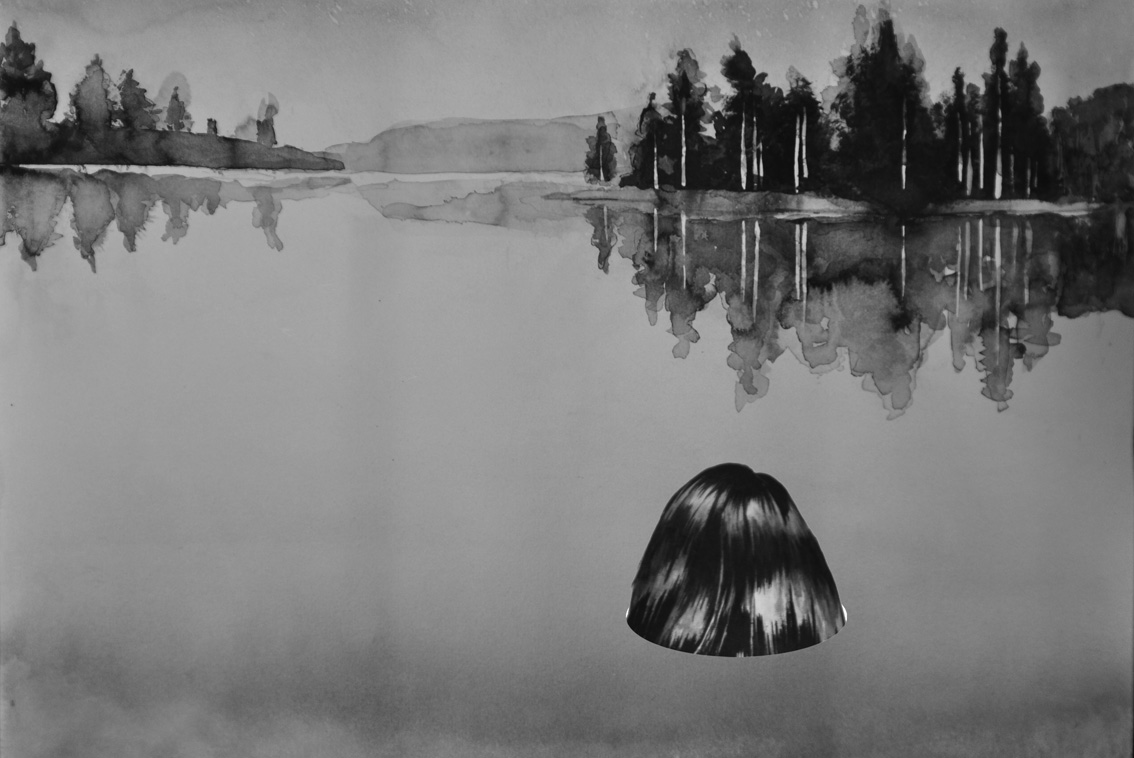Guillaume Paris
Guillaume Paris (b. 1966 Abidjan, Ivory Coast)
Guillaume Paris lives and works in Paris and has exhibited widely internationally. His work has been presented in major museums including the Pompidou Center, the Palais de Tokyo, the Jeu de Paume, the ZKM, the Shanghai Museum of Fine art, the Musée du Québec, the Sharjah Art Museum and the Museum of Modern Art in Rhodes Island. Recent solo shows include Permanent Eternity, Rotterdam International Film Festival; Miracolo, Misterio e Autorità, Effearte, Milan; Farce & Crime, Galerie de Multiples, Paris; Mystère, Miracle et Autorité, Galerie Nelson-Freeman, Paris; Paved with Good Intentions, Paradise Row, London. His work is included in several international collections including; Musée d’Art moderne et Contemporain de Strasbourg; Fonds National d’Art Contemporain; Caisse des Dépôts et Consignations, The David Roberts Foundation, FRAC Languedoc-Roussillon and FRAC Pays de Loire.
Over the last twenty years Guillaume Paris has evolved a diverse practice that focuses, from an anthropological standpoint, on the use and abuse of meaning and identity in contemporary culture. The work examines the powerful ideological forces that shape modern society, especially their more curious elements – such as the persistence of quasi magical forms of thinking in the discourse of both consumer fetishism and Western politics that combine to form our ‘new world order’.
At their core, these interests lead Paris to explore notions of the ideal and the rhetoric of purity that underlie all these discourses: from politics to religion, via advertising and marketing. As part of that critique of purity Paris positively engages with ideas of change and adaptability, in conceptions of heterogeneity, transience and tolerance.
In keeping with these concerns Paris produces exhibitions that define a very particular kind of space. Structurally diverse, often they combine works executed in different media that apparently address different subjects. Paris creates spaces that are opposed to any form of essentialism and do not lend themselves to any synthetic closure. Instead they provoke critical engagement and, at times, a more emotional response to the vast flow of artefacts and ideas that structure and mediate the world we inhabit.

